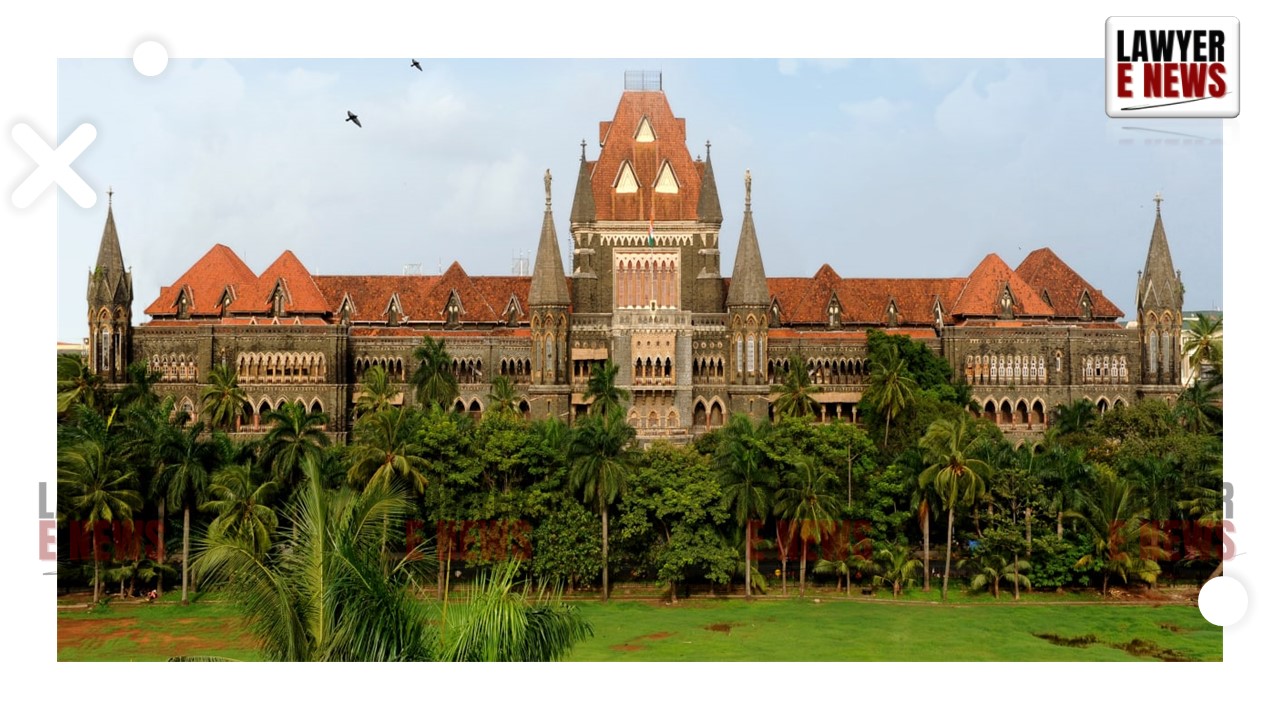-
by Admin
17 February 2026 2:34 PM



“No Logic or Rationality in Preferring Younger Candidate Among Equally Scored Applicants” — Bombay High Court Declares Age-Based Tie-Breaker Arbitrary and Discriminatory. Bombay High Court delivered a notable judgment striking down IOCL’s policy which gave preference to the younger candidate in case of a tie in selection for retail outlet dealership. The Court held that “the criteria of preference to a person younger in age within the same group for the purpose of tie-breaker is arbitrary and discriminatory”, and therefore violates Article 14 of the Constitution of India.
The case arose when both the petitioner and Respondent No.7 secured identical marks (92.8) in IOCL's selection process. IOCL, relying on Clause 7.2.1(b) of its brochure, preferred the younger candidate (aged 28) over the petitioner (aged 34) merely due to age difference. The petitioner challenged this condition, arguing that it was an irrational classification violating the right to equality.
The Court held, “The petitioner and the respondent no.7 are similarly situated, falling within the same age group for the purpose of parameters fixed for awarding marks. Yet, they are treated unequally solely on the basis of age, without any rational nexus to the object of the selection.”
The Court analyzed the broader jurisprudence on judicial review in contractual matters and clarified that while courts ordinarily exercise restraint in interfering with tender conditions, “interference is warranted when a term is ex facie arbitrary and violative of Article 14.”
Rejecting IOCL’s argument that younger candidates are better suited for physical work at retail outlets, the Bench remarked, “We do not see any logic or rationality in the criteria adopted by IOCL that a person younger in age within the age group of 21-35 years should get preference over the others within that group in case of a tie.” The Court emphasized that this assumption was unfounded and unsupported by empirical or expert evidence.
The Bench referred to the classic test of classification laid down in The State of West Bengal vs. Anwar Ali Sarkar, stating that, “Classification must be based on some real and substantial distinction bearing a just and reasonable relation to the object sought to be attained. The present rule does not pass this test.”
The Court also addressed the contention that the petitioner was estopped from challenging the condition after participating in the tender process. It observed, “To allow IOCL to proceed on the basis of clause 7.2.1 (b) despite noticing the discriminatory nature of the criteria only on the ground that the petitioner has participated in the tender process, is something we are not prepared to accept.”
The High Court concluded, “Clause 7.2.1(b) amounts to treating equals unequally and falls foul of Article 14 of the Constitution.” It declared the impugned condition unconstitutional and struck it down, directing IOCL to formulate a fresh and rational tiebreaker criterion.
Date of Decision: April 2, 2025
